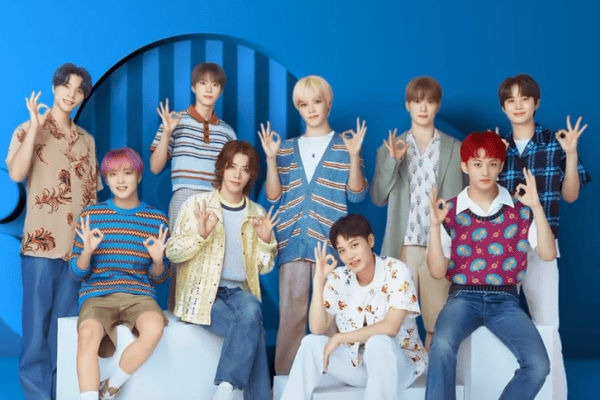
K-Pop: A Phenomenon Transforming the Market in Indonesia
K-pop has emerged as one of the most significant cultural phenomena in Indonesia. Indonesia’s perceptions of Korean culture and K-pop music also changed. It is

K-pop has emerged as one of the most significant cultural phenomena in Indonesia. Indonesia’s perceptions of Korean culture and K-pop music also changed. It is

Indonesia is a tropical country known for its diverse cultures and natural beauty, but there’s more to its charm than just breathtaking landscapes. In September

Gen Z are “conquering” the world. According to KPMG Malaysia Head of Consumer & Retail Ngu Heng Sing, Gen Zs make up 25% of the

According to some studies, dogs have earned the title of the most popular pets worldwide. In Indonesia, this trend is no different, with a fascinating

In Indonesia, cats are one of the most beloved pets, capturing the hearts of many households across the country. According to our recent survey, a

Among its counterparts in Southeast Asia, Indonesia has one of the biggest and fastest-growing Fast Moving Consumer Goods (FMCG) markets. Even with the global inflation
Stay up to date with our latest findings

In today’s fast-paced lifestyle, many Indonesians find themselves deeply attached to certain products that bring them comfort, entertainment, or simply a sense of satisfaction. What’s

In the first part of this post, we discovered that only 10% of Indonesians rely solely on shampoo without using other hair care products [1].

In a world where customer expectations, technology, and competition evolve rapidly, businesses cannot afford to stay stagnant. A strong brand today might feel outdated tomorrow

Indonesia, a nation known for its vibrant democracy, is currently experiencing a period of heightened social and political unrest. Recent large-scale protests, sparked by public

These days, the variety of hair care products has expanded significantly. Our recent survey in August 2025 discovers that more Indonesians are now paying attention

Financial anxiety is one of the strongest forces shaping consumer behavior in 2025. Rising living costs, global economic uncertainty, and household debt are pushing people